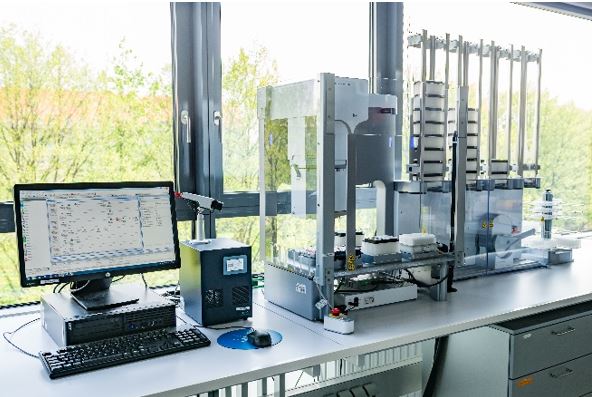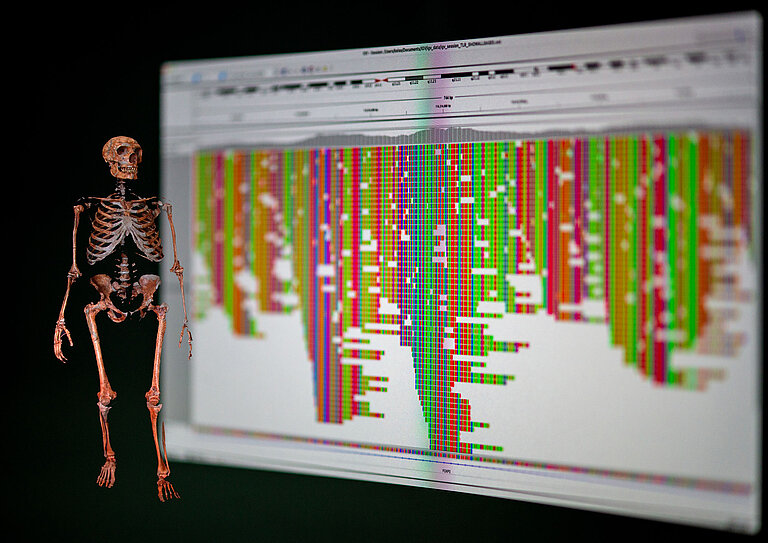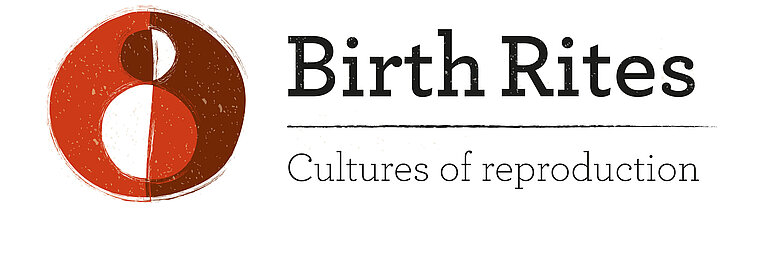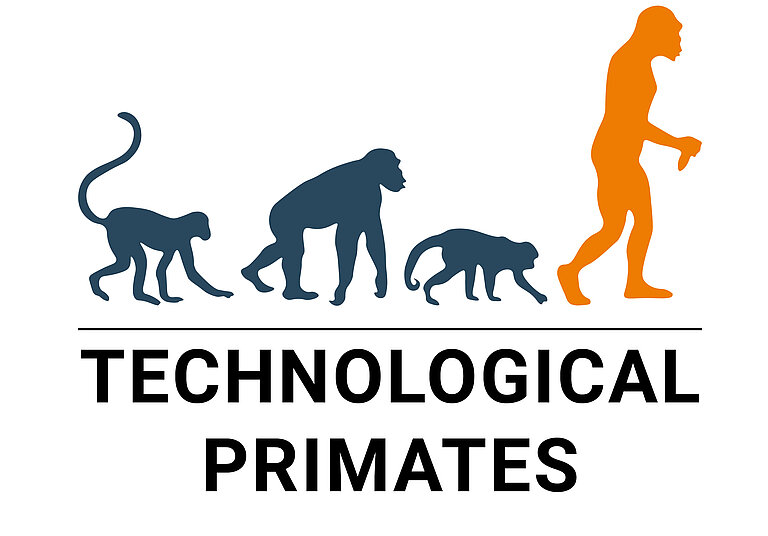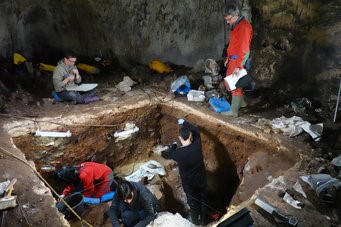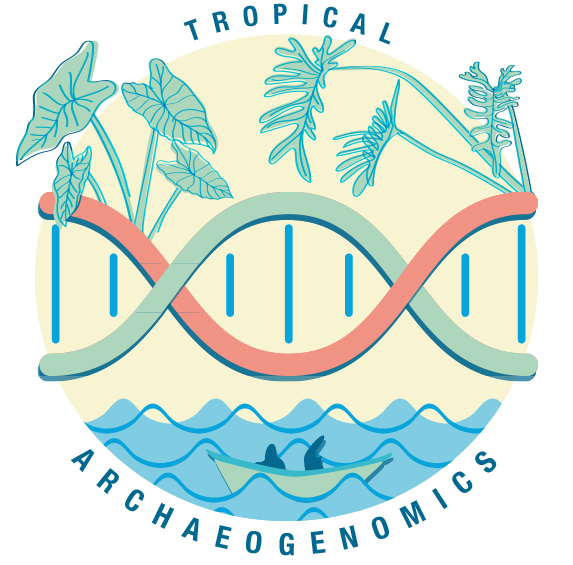Research Groups (department-independent)
Advanced DNA Sequencing Techniques Research Group
Dr. Matthias Meyer
The Advanced DNA Sequencing Techniques Research Group develops and refines molecular biology methods enabling the generation of DNA sequence data from the deep past, primarily using ancient biological and archaeological material such as skeletal remains, sediments and Palaeolithic artefacts. By pushing methodological advances the group wishes to further elucidate the genetic history of hominins and other mammals across a wider geographic and temporal range, and in much greater detail than currently possible.

Ancient Genomes and Contemporary Health Research Group
Dr. Hugo Zeberg
The Ancient Genomes and Contemporary Health Research Group uses ancient genomes to understand human health and disease. It focuses on genetic variability and its functional consequences, studying variants from extinct groups such as Neandertals as well as from modern humans. The group uses bioinformatic approaches and functional analyses, focusing on metabolism, infectious disease, morphology, and cognition.
Computational Ancient Genomics Research Group
Dr. Janet Kelso
The Computational Ancient Genomics Research Group develops and applies computational approaches for the analysis of ancient and modern human genomes. Efforts focus on developing methods and software for the analysis of ancient DNA sequence data, and on reconstructing the history and biology of ancient hominins such as Neandertals and Denisovans. These methods are constantly being updated and improved in order to improve our ability to work on even older and more poorly preserved specimens. The group makes its developed software available under open source licenses.
Lise Meitner Research Group BirthRites - Cultures of Reproduction
Dr. Heidi Colleran
The Lise Meitner Research Group BirthRites - Cultures of Reproduction focuses on the anthropology of reproduction and its implications for cultural evolution and demography. The group‘s aims are: to better understand the relationship between culture and demography in the past, present and future; to develop theoretical models of reproductive dynamics grounded in the field of cultural evolution, and to draw together research practices from the humanities and sciences.
Lise Meitner Research Group Technological Primates
Dr. Lydia Luncz
Tool use paved the way for human development in an evolutionary trajectory. Surprisingly, very little is known regarding the origin and evolution of human tool use. The Lise Meitner Research Group Technological Primates studies non-human primates as a model for potential tool behaviour of early hominins. Comparisons between species help to expand our knowledge regarding the adaptive significance of tool use and substantially further our understanding of the cultural and behavioral evolution of humans.
Max Planck Research Group for Ancient Environmental Genomics Dr. Benjamin Vernot The Max Planck Research Group for Ancient Environmental Genomics focuses on human history, with a particular focus on ancient DNA extracted from sediments. The group’s primary approaches are computational, including the development of methods for analyzing challenging ancient DNA datasets, and bioninformatic assistance in the development of new laboratory methods.
|
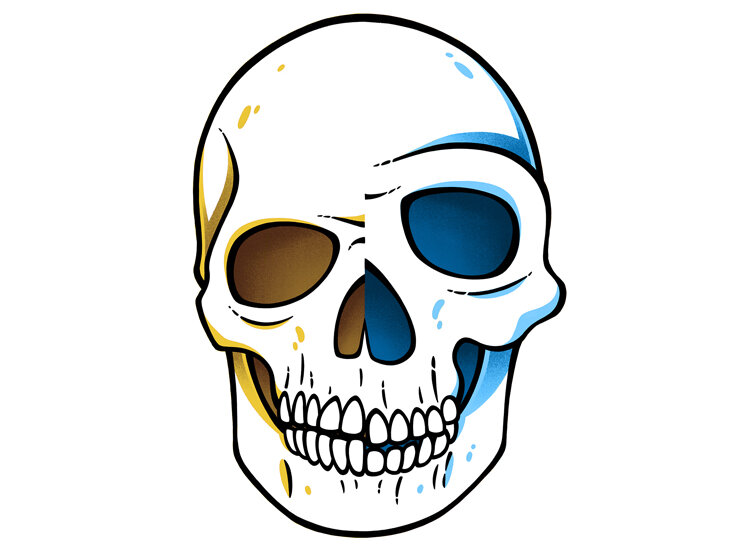
Max Planck Research Group for Hominin Palaeogenomics (HOPE)
Dr. Mateja Hajdinjak
The Max Planck Research Group for Hominin Palaeogenomics (HOPE) focuses on the recovery and the analysis of ancient genomes from the time period when modern humans started dispersing in and out-of-Africa, and began interacting with other hominins, such as Neandertals. Our aims revolve around reconstructing past genetic diversity of both Neandertal and human groups, their interactions, regional disappearances and adaptations to new environments, which ultimately hold the potential to transform our understanding of what makes modern humans who we are today.
Otto Hahn Research Group Tropical Archaeogenomics
Dr. Kathrin Nägele
The Otto Hahn Research Group Tropical Archaeogenomics aims to provide a deeper understanding of settlement processes, mobility and exchange in tropical regions in the past, and to challenge colonial narratives imposed on the islands’ inhabitants by the European chroniclers.
"Bridge" Research Group
Primate Behavioral Ecology Research Group
Prof. Dr. Anja Widdig
The Primate Behavioral Ecology Research Group at the Institute of Biology at Leipzig University is linked through Anja Widdig’s bridge professorship to the Department of Primate Behavior and Evolution at the Max Planck Institute for Evolutionary Anthropology. The group’s research is centered around understanding social evolution, with a specific focus on primate sociality.
